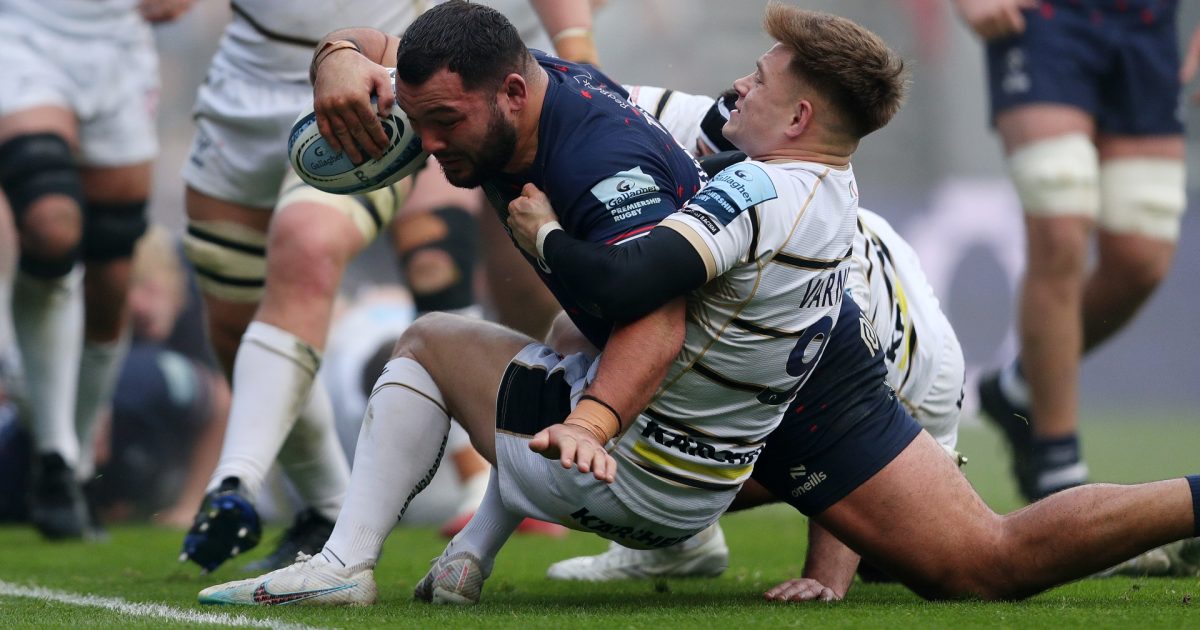What most pleased Pat Lam in 'no mean feat' win over Gloucester

Director of rugby Pat Lam was full of praise for his Bristol Bears after an impressive performance saw them crush Gloucester 51-26 and end a run of five consecutive Premiership defeats.
Gloucester were blown away to trail 41-7 after only 50 minutes but Bristol replaced impressive half-backs Callum Sheedy and Harry Randall, which allowed Gloucester to stage a rally by scoring three tries in 15 minutes before the hosts sealed victory.
Lam said: “To put over 50 points on Gloucester is no mean feat and I’m very pleased as most things went very well. We started off with the right mindset but blew a few early chances by playing too many balls and short passes but we were patient and the scores came.
“Despite our losing run, we haven’t been far away in recent weeks. The boys have put the effort in throughout but it is only today that we have got our reward.
“We took Callum off because he had a minor quad problem but the game was already won and we wanted to give some other players some game time.
Four tries inside half-an-hour! ?
The Bears are running riot at Ashton Gate. #BRIvGLO | #GallagherPrem pic.twitter.com/OxB3QUBz8Q
— Rugby on TNT Sports (@rugbyontnt) December 2, 2023
“However, our looseness let them back into it and the boys should have done better but we were able to get the momentum back. Our pack went really well. It was great to have Steve Luatua back as he’s been here from the start and knows exactly how we play.
“James Dun and Joe Batley are also playing their best rugby. They have been out to Jersey and Worcester on loan but both are back here and now at the top of the game.”
Gloucester head coach George Skivington felt his side would have to reconsider the way they play after losing their sixth game on the trot. He said: “For most of last season our pack was dominant and we have endeavoured to develop our game in an attempt to score more tries.
“However, whilst we are scoring more tries, we have lost the ferocity of our pack and we are looking like a bit of everything. We got a bonus point so it wasn’t an absolute car crash but Bristol were outstanding and opened up our defence far too easily.
“From the outset we expected it to be fast and furious but Bristol were really sharp and we were chasing shadows after that. Louis Rees-Zammit had a big game and his try just before half-time was big as it gave us a little bit of momentum.”
- Click here for all the RugbyPass stats from the Bristol vs Gloucester Gallagher Premiership match

























